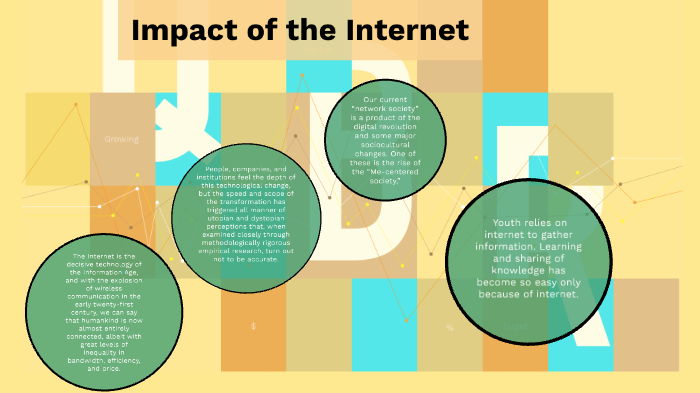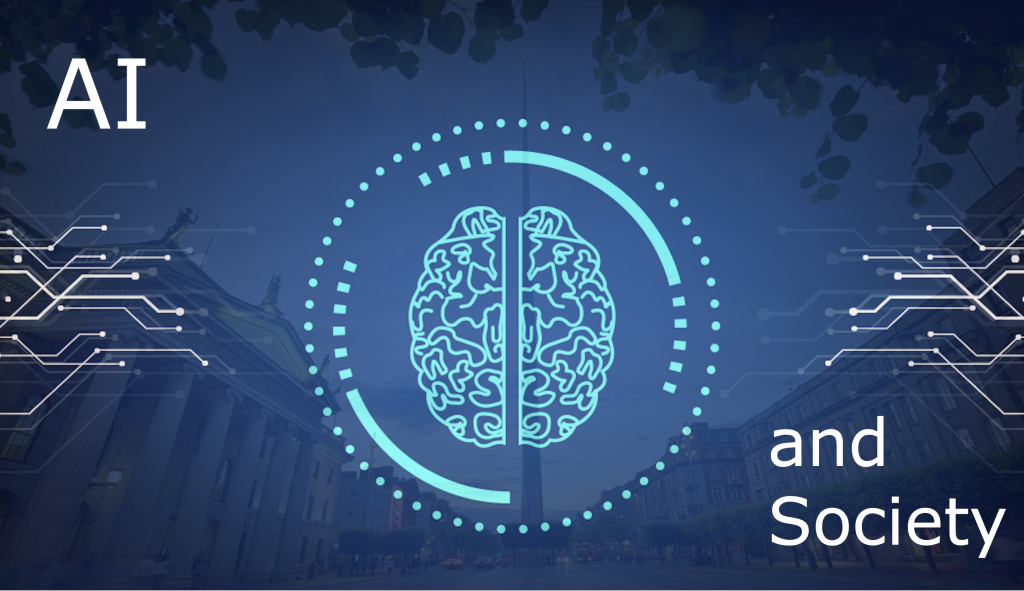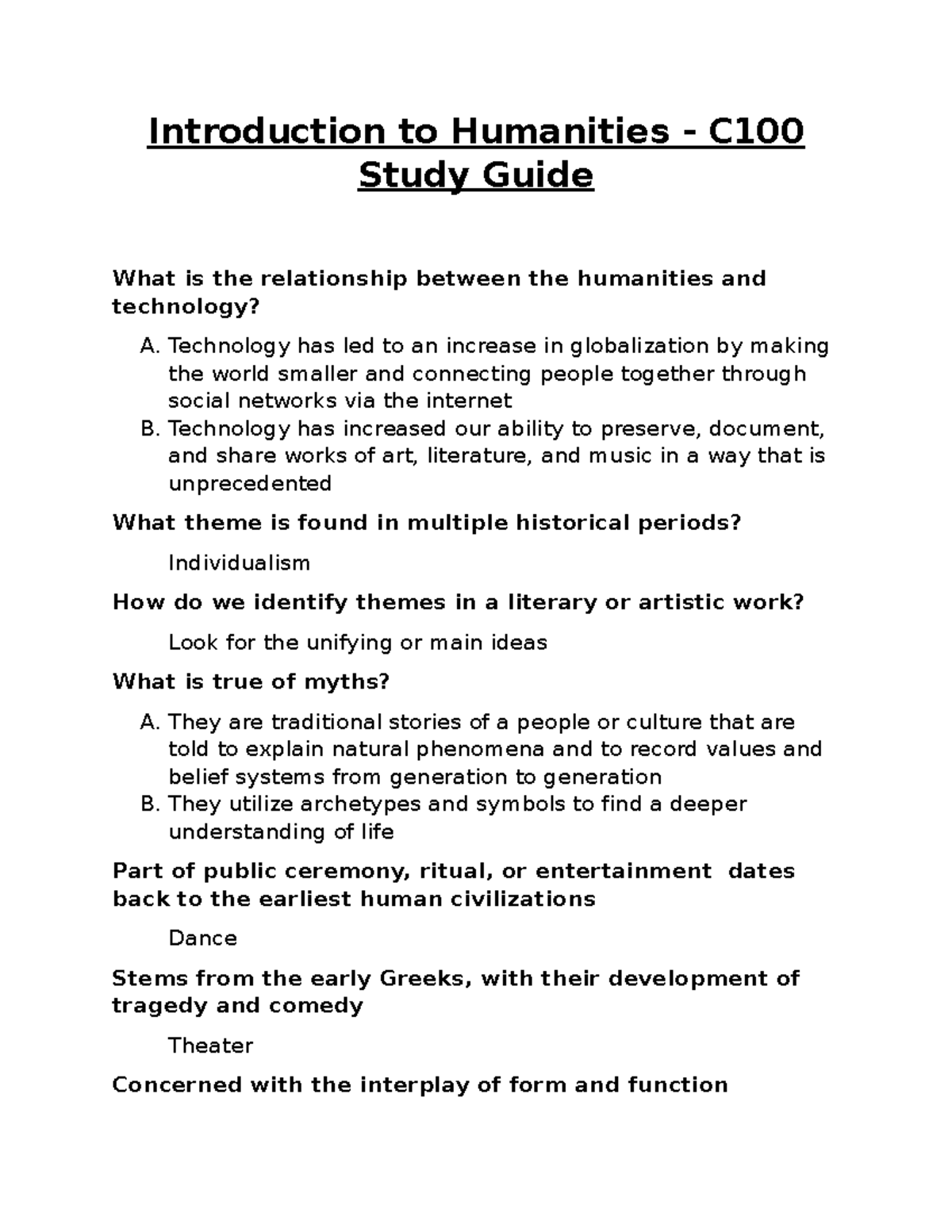The impact of the internet on fiction is profound and multifaceted, revolutionizing how stories are told and consumed in the digital age. In a world where social media and literature have become tightly interwoven, the traditional boundaries of storytelling are constantly challenged. Writers now navigate an ecosystem where readers’ habits are shaped by online interactions, influencing their engagement and preferences. Fiction writers experience a shift where the audience’s voice holds significant sway, often prioritizing popularity over literary depth. It’s both a boon and a bane, forcing authors to reconcile the demands of a vast digital landscape with their desire to convey authentic narratives.
When discussing the influence of the web on narrative forms, we often consider how modern connectivity has redefined literature’s landscape. Today’s storytelling ecosystem thrives on the dynamics between digital platforms and readers’ evolving preferences, merging traditional storytelling with contemporary technology. The intersection of social engagement and literary expression shapes how writers connect with their audience, creating both opportunities and challenges in crafting compelling narratives. In this new era, the essence of fiction is continually reshaped, reflecting the changing tastes and interests fostered by online cultures. Ultimately, understanding this transformation is key to grasping the future of literary creativity.
The Evolution of Fiction in the Digital Age
The digital age has dramatically reshaped the landscape of fiction writing and reading. Traditionally, fiction relied on deep personal exploration, allowing readers to immerse themselves in the narrative world crafted by the author. In today’s fast-paced environment, however, the proliferation of digital media has introduced distractions that challenge the immersive experience. As readers shift their focus between screens and social media feeds, the depth of engagement with written fiction often diminishes, making it challenging for authors to convey complex emotional truths. Authors now find themselves competing not just for reader’s attention, but for their very time and cognitive presence, which can fragment the reading experience.
Furthermore, this evolution prompts writers to adapt their styles and approaches to resonate with a broader audience conditioned by instant gratification and a constant barrage of online content. The challenge lies in striking a balance between crafting rich narratives that provoke thought while also catering to the shortened attention spans cultivated by the internet. This duality raises profound questions about the future of storytelling and whether the traditional forms of fiction can survive in an age where fast consumption often trumps deep engagement.
Impact of the Internet on Fiction Writers’ Experiences
The internet has fundamentally altered the experiences of fiction writers, introducing both opportunities and challenges. Gone are the days when authors relied solely on traditional publishing routes to reach their audience. Today, social media platforms serve as vital tools for building readership and cultivating literary communities. Writers can now share their work, receive real-time feedback, and connect with readers directly, which fosters a greater sense of community and accessibility. However, this constant visibility also imposes pressure on authors to maintain an online persona, often overshadowing their creative processes in favor of social media engagement.
Moreover, the vast amount of information available online can streamline research processes, allowing writers to incorporate more intricate details into their stories. However, it also leads to a reliance on digital sources that can sometimes lack the depth and reliability of traditional methods. Writers must navigate this new terrain, balancing the convenience of online research with the necessity of immersive, firsthand experiences that enrich their narratives. Ultimately, the internet’s impact on writer’s experiences reflects a broader societal shift towards immediacy and accessibility, urging authors to redefine their craft in this interconnected world.
In addition to influencing how stories are told, the internet has shifted how stories are consumed. Audiences today engage with fiction across various platforms, including eBooks, audiobooks, and serialized content delivered through apps and websites. This diversification of formats challenges traditional notions of authorship and narrative structure as writers explore multi-dimensional storytelling that transcends pages. Consequently, fiction now embraces interactive and participatory elements, reflecting the collaborative spirit fostered by digital communication. This shift not only enriches the reading experience but also requires authors to innovate continuously in their craft.
How Social Media Shapes Reading Habits
Social media has undoubtedly transformed reading habits, influencing how individuals discover and interact with fiction. Platforms like Instagram and TikTok cultivate vibrant book communities where users recommend titles, share opinions, and create content around their favorite reads. This phenomenon has led to an increase in impulse buying, with readers more likely to purchase books based on short videos or eye-catching posts. However, while social media can enhance visibility for writers, it can also dilute the attention given to more challenging or literary works. The prioritization of viral content over in-depth analysis threatens to undermine the appreciation for nuanced storytelling.
Moreover, the way fiction is perceived and shared on social media often revolves around surface-level engagement. Catchy snippets or visually appealing graphics overshadow deeper discussions about themes, styles, and character development. This trend raises concerns about whether readers are truly immersing themselves in the narratives or just skimming the surface for entertainment. As such, while social media serves as a valuable tool for connecting readers with books, it also poses the challenge of maintaining depth and critical engagement in the literary conversation.
The Role of Digital Platforms in Literature
Digital platforms have emerged as vital spaces for literature to thrive, offering diverse avenues for both established and emerging authors. Online publication opportunities, such as blogs, e-zines, and social media channels, have democratized the literary landscape, allowing voices from various backgrounds to reach audiences that were previously inaccessible. These platforms not only elevate underrepresented authors but also encourage innovation, leading to fresh narratives that reflect contemporary issues and philosophies. Readers are now afforded greater access to a range of genres and styles, enriching their literary diets and challenging their expectations of storytelling.
However, the proliferation of digital literature also means that quality control can wane. With so many voices competing for attention, readers may encounter an overwhelming array of choices, making it difficult to discern what constitutes quality writing. This saturation forces writers to not only perfect their craft but also market themselves effectively in an increasingly noisy landscape, where professional endorsements and traditional gatekeepers are often bypassed in favor of viral popularity. Thus, while digital platforms empower literature, they also necessitate a reevaluation of how we define and recognize literary merit in this new age.
Fiction and Research in the Digital Age
Research has always been a cornerstone of fiction writing, providing authors with the tools to create authentic and engaging narratives. In the digital age, the landscape of research has transformed dramatically, enabling writers to access vast resources with just a click. From historical documents and academic papers to personal anecdotes shared online, the internet serves as a treasure trove of information that can enhance storytelling. However, while this accessibility streamlines the research process, it also presents the challenge of evaluating the credibility of sources. Writers must now navigate a sea of information, ensuring their stories are grounded in fact and genuine experiences.
Additionally, the ease of online research can lead to a reliance on surface-level information that undermines the depth and nuance of the narrative. Writers may find themselves drawn to convenient sources rather than engaging in more immersive, firsthand research that enriches their writing. The true essence of storytelling often lies not just in facts but in the subtleties of human experience that can only be captured through in-depth interviews, observational studies, and personal interactions. Thus, while the internet’s offerings are invaluable, they should complement rather than replace the traditional, more profound methods of gathering knowledge.
Navigating Fiction in an Age of Instant Gratification
In a world dominated by instant access and quick fixes, the consumption of fiction faces unique challenges. Readers accustomed to the rapid pace of information available online may approach literature with a desire for immediate satisfaction, often preferring shorter, more digestible forms of storytelling. This shift has ramifications for authors who must grapple with the challenge of writing compelling narratives that capture attention while providing depth. The balance between engaging plotlines and thoughtful exploration is essential but increasingly difficult to achieve, especially when readers are bombarded with multiple forms of entertainment.
Moreover, this culture of instant gratification can lead to a superficial appreciation of fiction, where the focus is placed on quick reads rather than the slow, immersive experiences that traditional literature often provides. While this trend opens doors for new genres and formats, such as flash fiction and serialized storytelling, there remains a risk of overshadowing the art of longer narratives that convey profound emotional truths. As authors navigate this evolving landscape, they must adapt their craft to meet the changing preferences of their audience without losing the essence that makes fiction a meaningful form of reflection and exploration.
Literature as a Reflection of Societal Change
Fiction serves not only as a form of entertainment but also as a lens through which we can examine societal changes and cultural movements. In the digital age, literature is increasingly reflective of the complexities and challenges posed by technology and social media. Writers are challenged to capture the zeitgeist, portraying characters and stories that resonate with contemporary audiences grappling with issues like identity, mental health, and the pervasive influence of digital culture. This exploration of the human experience in the face of rapid technological advancement fosters an essential dialogue about our relationship with the world around us.
Moreover, as fiction adapts to address pressing social issues, it encourages readers to engage critically with the narratives presented. Literature becomes a tool for empowerment, reflecting diverse voices and experiences that may otherwise be marginalized or overlooked. By raising awareness through storytelling, authors can inspire change and promote empathy among readers. This infusion of social consciousness into fiction illustrates its relevance in today’s world, reinforcing the idea that literature can catalyze transformation by illuminating the complexities of the human condition against the backdrop of a continually evolving society.
The Importance of Empathy in Fiction Writing
At its core, fiction is an exploration of the human experience, and empathy lies at the heart of effective storytelling. This intrinsic emotional connection allows readers to engage deeply with characters and narratives, fostering a broader understanding of different perspectives and experiences. In an era characterized by fragmentation and polarization, cultivating empathy through fiction can serve as a powerful antidote, bridging divides and promoting compassion among readers. As authors delve into the psyches of their characters, they invite readers to embark on a journey that transcends their realities, ultimately leading to profound reflections on the human condition.
However, the surge of digital media can pose challenges to this empathetic exchange. As readers become more attuned to fleeting content, it becomes increasingly vital for writers to craft stories that elicit genuine emotional responses. This requires authors to resist the urge to conform to superficial trends and instead strive to communicate universal truths about love, loss, and identity that resonate on a deeper level. By prioritizing emotional authenticity, fiction can reclaim its role as a vital vehicle for empathy, encouraging readers to engage with stories in a manner that enriches their understanding of themselves and others.
Future Trends in Fiction and Technology
As technology continues to evolve, the future of fiction writing and reading remains ripe for exploration. Emerging formats like augmented reality and interactive storytelling are beginning to reshape how narratives are constructed and consumed, allowing readers to participate in the storytelling process actively. This shift challenges traditional boundaries, blurring the lines between author and reader while creating immersive experiences that engage multiple senses. Authors who embrace these trends can craft innovative narratives that captivate audiences in ways previously unimaginable, potentially enriching the reading experience.
Additionally, the impact of artificial intelligence on fiction presents both opportunities and challenges. With AI technologies increasingly capable of generating text and analyzing reader preferences, authors must navigate the complexities of authenticity and originality in their work. The delicate balance between leveraging technological advancements and maintaining a human touch in storytelling will shape the emerging landscape of fiction. As the synergy between technology and literature unfolds, it will be crucial for authors to adapt and harness new tools while staying true to the core elements that define the art of storytelling.
Frequently Asked Questions
How has the internet changed fiction writing for authors?
The internet has significantly transformed fiction writing by providing writers with instant access to vast amounts of information for research, enhancing their storytelling capabilities. However, it has also shifted readers’ behaviors and expectations, making writers more conscious of public reception on social media, which can sometimes stifle authentic expression.
What impact has the internet had on reading habits related to fiction?
The internet has altered reading habits considerably, with many readers spending less time immersed in books and more time browsing digital content. This shift can lead to shorter attention spans and a preference for quick consumption of stories, potentially diminishing the depth of literary engagement typical of traditional fiction.
In what ways has social media influenced literature and fiction today?
Social media has transformed literature by creating platforms for authors to share their work and for readers to discuss books more widely. However, it often prioritizes popular opinion over critical assessment, changing how readers interact with fiction and sometimes incentivizing writers to conform to trending topics rather than exploring original ideas.
How do internet reading habits affect the type of fiction being published?
Internet reading habits affect publishing trends significantly, as authors and publishers adapt to the demand for accessible, digestible stories that perform well in online settings. This can lead to an emphasis on commercial viability at the expense of complex narratives that challenge readers.
What are the positive and negative aspects of the internet’s influence on fiction?
The internet offers benefits such as easy access to diverse research materials and global audiences, promoting innovative storytelling. Conversely, it poses challenges like diminished reader engagement and an overwhelming focus on public opinion that can compromise the integrity of the writing process.
How has the digital age impacted the themes present in contemporary fiction?
The digital age has influenced contemporary fiction, with themes often reflecting technology’s omnipresence and its effects on human relationships. Writers now explore subjects like identity, connectivity, and the ephemeral nature of online interactions, areas that were less prevalent in pre-internet literature.
Can fiction still convey deep emotional truths in the internet age?
Yes, fiction can still convey deep emotional truths, but the challenge lies in navigating the distractions of the internet. Many authors strive to capture the nuances of human experience by using their narratives to foster empathy and reflection in a landscape increasingly dominated by rapid information exchange.
What resources online help writers in their fiction research?
Writers benefit from various online resources such as digital archives, scholarly articles, and multimedia content that provide historical context and inspiration. Additionally, platforms like social media allow for direct engagement with diverse perspectives, enhancing the authenticity of their characters and narratives.
How important is face-to-face interaction for fiction writers in the internet era?
Face-to-face interaction remains essential for fiction writers, as it enriches their understanding of human experiences and emotions that may not be captured through online research. Personal interviews and real-world observations contribute to a writer’s ability to portray authentic characters and compelling narratives.
| Key Point | Description |
|---|---|
| Readers as Audiences | The internet has transformed readers into a public audience, pressuring writers to alter their narratives to fit mass appeal rather than personal truth. |
| Positive Aspects of Research | Despite competition for attention, the internet provides valuable resources for research, making storytelling richer and more informed. |
| Lost Plot Devices | Key narrative devices like characters getting lost are less common due to constant connectivity, impacting the richness of storytelling. |
| Research Time Reduction | Writers benefit from the internet’s vast resources for research, allowing for easier access to information that once required library visits. |
| Emotional Truth in Fiction | Amid the distractions of the digital age, fiction remains a vital means to explore emotional truths that transcend mere facts. |
| Knowledge Expansion | Younger generations may possess extensive information from the web, but they often engage less deeply with traditional literature. |
| Importance of Face-to-Face | Experiences and empathy central to fiction often can’t be fully captured through the internet, underscoring the need for real-life interactions. |
Summary
The impact of the internet on fiction is profound, reshaping our reading habits, the writer-reader dynamic, and narrative structures. As readers transition from solitary consumers of literature to audiences influenced by social media and public opinions, fiction grapples with maintaining its essence. While the internet serves as a powerful tool for research and connectivity, it also challenges traditional storytelling by reducing deep engagement and emotional resonance. In navigating this digital landscape, writers must balance the convenience of online resources with the necessity of crafting stories that probe the intricacies of human experience. Ultimately, as fiction evolves, it remains a crucial avenue for empathy and understanding, reminding us that the heart of storytelling lies beyond the screen.



